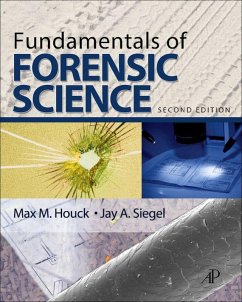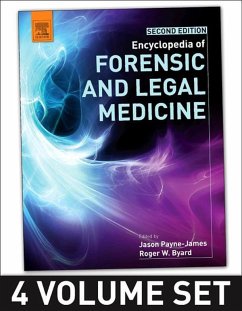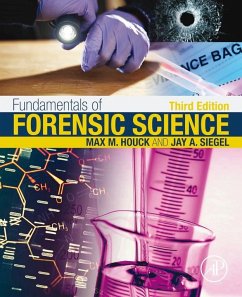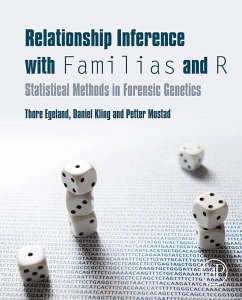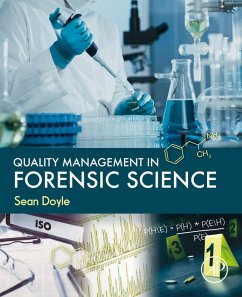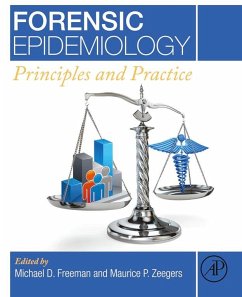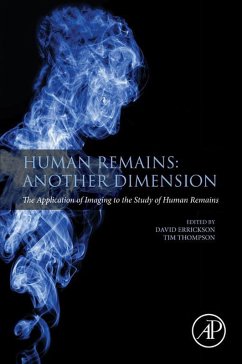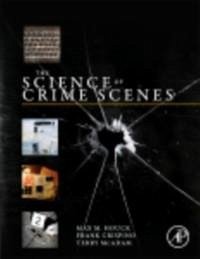
The Science of Crime Scenes (eBook, ePUB)
Versandkostenfrei!
Sofort per Download lieferbar
49,95 €
inkl. MwSt.
Weitere Ausgaben:

PAYBACK Punkte
25 °P sammeln!
The Science of Crime Scenes addresses the science of crime scene investigation and processing, including the latest methods and technologies. This book covers the philosophy of crime scenes as historical events, the personnel involved at a scene (including the media), the detection of criminal traces and their reconstruction, and special crime scenes, such as mass disasters and terrorist events. Written by an international trio of authors with decades of crime scene experience, it is the next generation of crime scene textbooks. The book provides in-depth coverage of disasters and mass murder,...
The Science of Crime Scenes addresses the science of crime scene investigation and processing, including the latest methods and technologies. This book covers the philosophy of crime scenes as historical events, the personnel involved at a scene (including the media), the detection of criminal traces and their reconstruction, and special crime scenes, such as mass disasters and terrorist events. Written by an international trio of authors with decades of crime scene experience, it is the next generation of crime scene textbooks. The book provides in-depth coverage of disasters and mass murder, terror crime scenes, and CBRN (chemical, biological, radioactive and nuclear) - topics not covered in any other text. It includes an instructor website with lecture slides, test bank, outlines, definitions, and activities, along with a student companion site with an image collection. This text will be of interest to advanced undergraduate and graduate students in forensic science programs, as well as to forensic practitioners and crime scene technicians. - Offers a science-based approach to crime scene investigation - Includes in-depth coverage of disasters and mass murder, terror crime scenes, and CBRN (chemical, biological, radioactive and nuclear) - not covered in any other text - Written by an international trio of authors with decades of crime scene experience - Instructor website with lecture slides, test bank, outlines, definitions, and activities, and a student companion site with an image collection
Dieser Download kann aus rechtlichen Gründen nur mit Rechnungsadresse in A, B, BG, CY, CZ, D, DK, EW, E, FIN, F, GR, HR, H, IRL, I, LT, L, LR, M, NL, PL, P, R, S, SLO, SK ausgeliefert werden.





